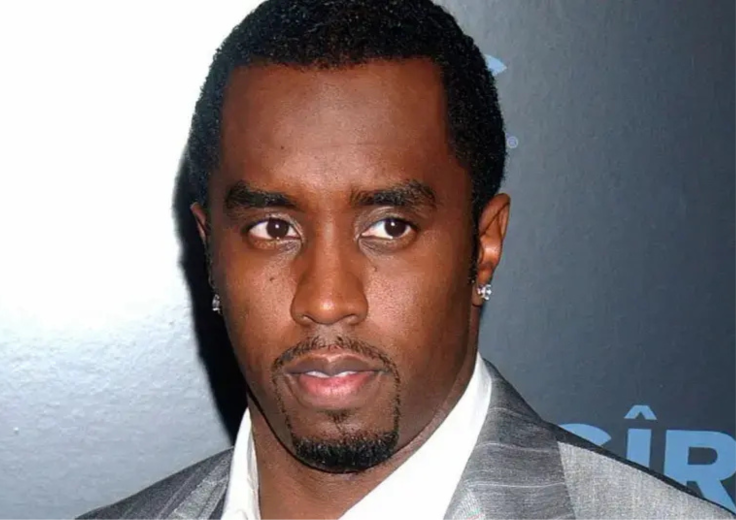
In a powerful mea culpa-style letter, Sean "Diddy" Combs and Jennifer Lopez's former publicist, Rob Shuter, revealed explosive details of his life with the disgraced hip-hop mogul.
In a guest column for The Hollywood Reporter, Shuter, a famous publicist turned podcaster and newsletter editor, confessed the "sins" that made him ignore signs of what is now infamous client was up to.
"When I say I didn't see the alleged behavior, I mean it. But I also understand the ways I may have refused to. That refusal didn't come from malice. It came from ambition. From awe. From the seductive hum of being needed by someone the world adored. It's astonishing what we'll fail to see when fame is in the room."
While Shuter maintains that he never witnessed any of the crimes that Diddy is now in jail for, he has realized, looking back, that the behavior that he dismissed as celebrity eccentricity should have tipped him off that all was not as it seemed.
"I've been to a lot of celebrity homes in my time — Naomi Campbell's, Kate Spade's, Sting's — and not once did I have to walk through a metal detector. But at Diddy's house? It was like airport security. That's when the little voice inside me whispered, "This isn't normal." I ignored it."
He also recalls Combs' house being filled with guns and "big guys with blank expressions who tracked your every move." Shuter recalls a particular incident where Diddy was photographed with an unnamed young woman, and Diddy used his money and power to make the photo disappear from public circulation.
He also stated that he helped Combs stage photographs of him visiting his native Harlem neighborhood in New York and giving to the homeless to improve his image. Shuter also writes about when he was busy with another client, and he had his assistant stage a photograph. Diddy reportedly "went ballistic" as Shuter was the only one allowed to organize the photos.
Shuter says that he ignored the behavior partly due to "the seductive hum of being needed by someone the world adored," and that "When I say I regret my role, I mean it. But regret isn't enough. Accountability means naming the system — and naming your part in it."
That system, he believes, is a "cultural sickness" that mistakes "charisma for character, proximity for integrity, success for safety." Shuter believes that he fell victim to it, prompting him to ignore "the signs that something more sinister might be underneath. Because asking those questions meant jeopardizing everything: access, reputation, money. So, we didn't ask."
You can read the full article here.
Originally published on Latin Times






